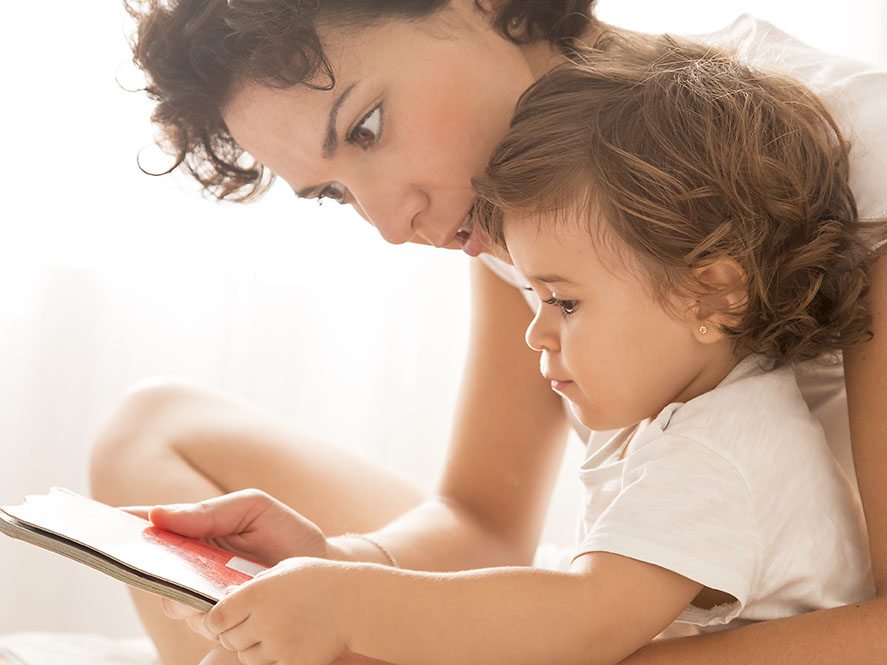 Children who’ve been adopted through the foster system usually come from troubled situations. Talking about their birth parents may be difficult and sensitive, but it’s still important to find ways to approach the topic. Adopted children have reported being concerned that it would hurt their parents’ feelings if they asked questions about their birth parents. Because of that, adoptive parents should initiate the conversation. Here are some ideas on how to talk about it.
Children who’ve been adopted through the foster system usually come from troubled situations. Talking about their birth parents may be difficult and sensitive, but it’s still important to find ways to approach the topic. Adopted children have reported being concerned that it would hurt their parents’ feelings if they asked questions about their birth parents. Because of that, adoptive parents should initiate the conversation. Here are some ideas on how to talk about it.
Talk About the Difficult Topics
Foster children often enter the system as the result of abuse, neglect, or abandonment. Sometimes, children will ask questions about their birth parents or will mention an experience they remember, but not always. Either way, children need a satisfactory explanation as to why they are in your home. How you answer that question can help the child have a positive and healthy view of himself and his adoption or a negative one.
You can explain that your child’s birth mom or dad wasn’t ready to be a parent. If their circumstances were particularly disturbing—for instance, if their birth parents were severely abusive or abandoned them at the hospital—be honest, but choose your words carefully.
Do your best not to present their birth parents as bad people. You don’t want your child to think he’s somehow bad too or to blame for the situation. At the same time, you don’t want to give the impression that you are condoning the birth parents’ behavior or making them into victims.
Create a Life Story Book
Regardless of the circumstances of the child’s birth, a special life book showing their history in pictures and words can be an incredibly healing tool. If you have photos of birth family members, footprints from the hospital where they were born, notes from a former caregiver about your child’s likes and dislikes, the document showing their foster adoption, or other paper memorabilia, this is a great place to put them.
If you don’t have any photos, you can still include descriptions of things you know, for instance, “And then you grew inside your birth mommy’s tummy, until that beautiful day in April when you were born.”
Allow Contact with Birth Family
If it’s possible and safe for the child, it can be very helpful for the child to have contact with their birth family or prior caregivers. In this way, the child can fill in the gaps in his or her history, develop a positive identity (particularly if they learn about positive qualities, accomplishments, skills, or stories from their genetic heritage), and even face and process the not-so-happy elements of their birth families. When they learn that grandma was an accomplished artist in her day, it can build hope that they too can become something and that they aren’t destined to become just like their drug-addicted parent.
Children can have surprising capacities to process deep realities. All of your efforts to maintain a truthful, encouraging, and empowering narrative of your child’s history will help your child establish a stronger identity and become a confident adult. An adopted child, just like any child, needs a sense of belonging. Connecting your child with his or her history will do wonders for this purpose.
Author: Children First FFA
Published: March 20, 2017




